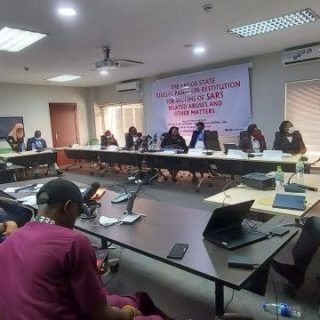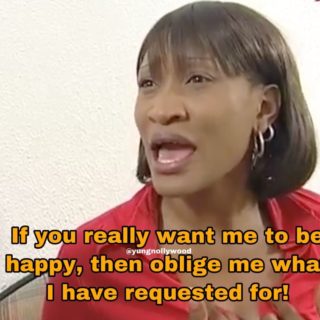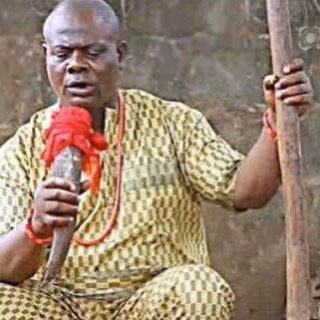Citizen is a column that explains how the government’s policies fucks citizens and how we can unfuck ourselves.
On Thursday, October 1st 2020, which was Nigeria’s 60th Independence Day, some Nigerians took to the streets to express their anger about poor governance in the country.
Nigerians under “The Coalition for Revolution”, mobilising with the #RevolutionNow, protested in many cities in Nigeria, including Lagos, while calling on the government to reduce the fuel pump price, electricity price, end nepotism and put an end to the water way bill.
They stated that they were tired of the Muhammadu Buhari government, and they told it to end insecurity in the country and allow free press, while also implementing many economic policies that will reduce the effect the Covid-19 pandemic on Nigerians.
Read: 8 Hilarious Tweets About Nigeria’s Independence Day
However, just shortly after the protests began, PUNCH reported that over 30 of the protesters had already been arrested in Lagos, alone. In fact, not long after, PUNCH again tweeted that the head of one of its photojournalists had been “broken” by police officers while he was covering the protests.
This culture of beating up and arresting protesters now makes one wonder: are protests illegal in Nigeria? If not, why are protesters always harrassed by the Nigerian police?
“They think it is illegal”
When I spoke to Dunnex Samuel, a student activist in the Obafemi Awolowo University, Ile-Ife, who had been on many protests and has been harrassed by the police on many of those occasions, he said:
“They (the police) think it is illegal. They do not see protests as anything legal. Also, the police are more loyal to the government than to the people. They should be serving the people, but they are actually serving the government.”
Where is the lie?
Read: Should Burna Boy Lead A Protest?
What does the law say?
Section 40 of Nigeria’s 1999 Constitution states that every Nigerian shall be entitled to assemble freely and associate with other persons. Every Nigerian is also entitled to freedom of thought and conscience, as well as freedom of speech and expression, as stated in Section 38 and 39 of the constitution.
Meanwhile, every Nigerian is entitled to respect and dignity of their person, and they must not be subjected to torture or inhuman treatment, according to Section 34 of the constitution.
The only exception to these rights are in the interest of: defence, public safety, public order, public morality, or public health. (Section 45, 1999 Constitution).
Are protests against public safety and order?
Well, some protests can be. But many are not. How I see it, most people just want to express their anger about an issue, and they will not resort to violence except if the police incites the violence.
People usually move to a side of the road to protest, so it’s hard to see how this assembly can violate public order or safety.
In fact, by tear-gassing and beating people up, the Nigerian police are the ones usually disrupting public order and safety in this case. And if the police have intelligence about a protest that will affect public safety, they can as well do that without violating human rights.
In all, the solution to this concerning issue is that officers of the Nigerian police force are properly educated on protests and what to do about them – including when to leave people to peacefully protest and when to step in to avert a crisis.
Read: Is The DSS Abusing Its Powers?
Check back every weekday by 10am for more Zikoko Citizen stories.




